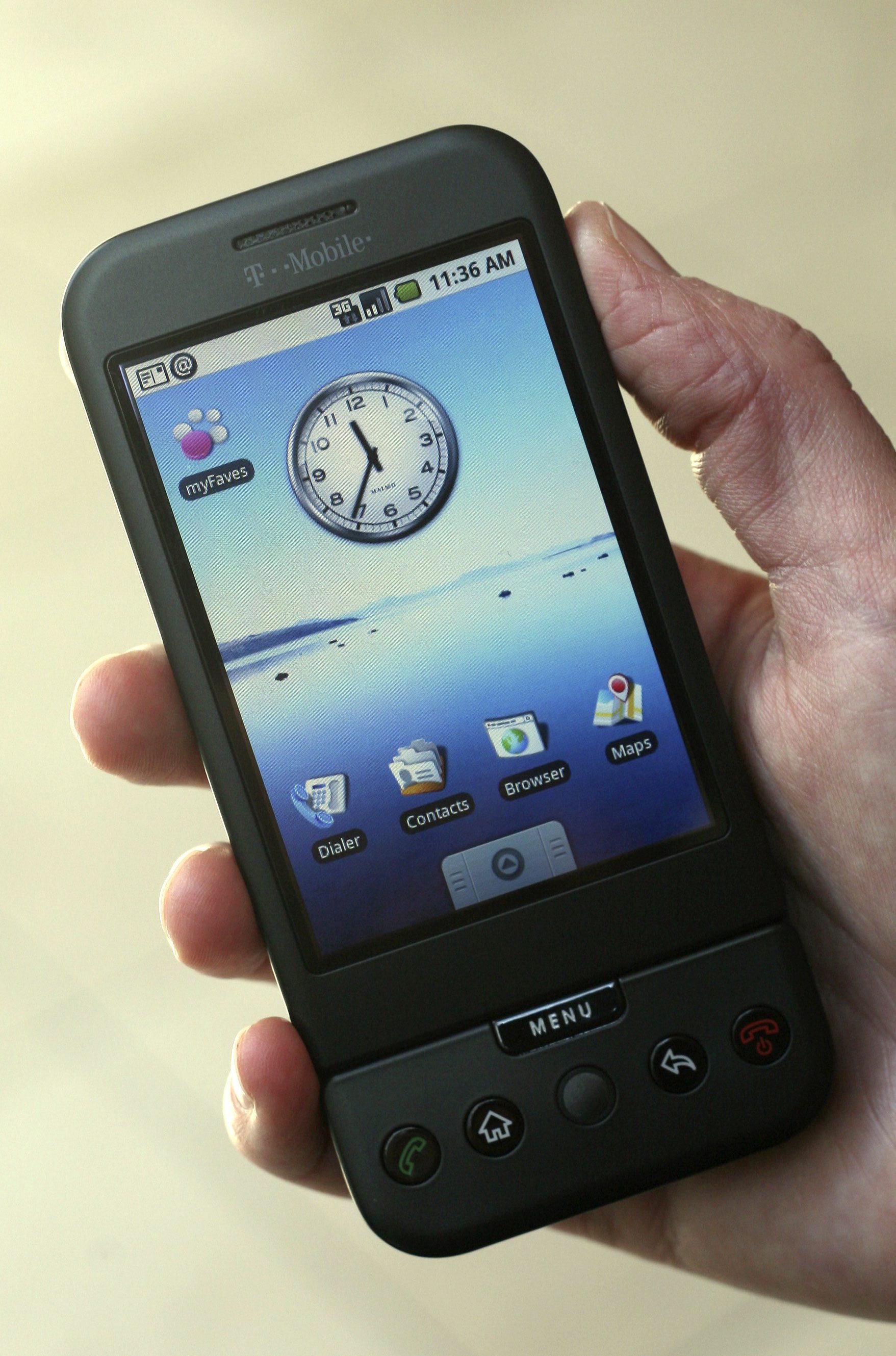Five minutes, one last look at the phone, and I'll fall asleep. It doesn't happen. Those minutes often turn into an hour or more. The endless scroll seriously harms your health in different ways. Not only due to addiction but also because of the impact on the body at certain times of the day.
Using the phone before sleeping, already in bed, disrupts the body's internal clock: notifications disturb sleep, time with the phone replaces sleep time, activities keep the body awake, and exposure to screen light delays circadian rhythms.
Gunnhild Johnsen Hjetland, from the Norwegian Institute of Public Health, the lead author of the article published in Frontiers in Psychiatry, explains that "the type of screen activity does not seem to be as important as the total time spent using them in bed."
This statement was reached by her team after investigating the habits of over 45,200 young adults in Norway. The conclusion was that using a screen in bed increases the risk of insomnia by 59% and reduces sleep time by 24 minutes. However, the study did not prove that social media is more disruptive than other screen activities.
"We did not find significant differences between social media and other screen activities, suggesting that screen use itself is the key factor in sleep disruption, probably due to temporal displacement, as screen use delays sleep by taking up time that would otherwise be dedicated to rest."
45,202 full-time higher education students aged between 18 and 28 participated. In Spain, eight out of 10 young people in this age group have symptoms of insomnia, according to the Spanish Society of Neurology.
Participants were asked to keep a sort of nightly habits diary before falling asleep. First, they were asked to indicate if they used screens after going to bed and for how long. Then, they were asked to identify the activities they chose: watching series or movies, playing video games, using social media, browsing the internet, listening to audio like podcasts, or reading study-related materials.
They were also asked to note the bedtime and wake-up time, how long it took to fall asleep, how often they had trouble falling asleep or staying asleep, how often they felt sleepy during the day, and how long their sleep problems persisted. Insomnia was defined as difficulty sleeping and daytime sleepiness at least three times a week for at least three months.
Overall, in our country, 54% of adults sleep less than the recommended hours, and 48% do not have quality sleep. "If you struggle to fall asleep and believe that screen time is one of the risk factors, you should reduce your use in bed, especially at least 30 to 60 minutes before sleeping," suggests Hjetland. And tasks like "turning off notifications to minimize interruptions during the night."
This is not the first study, but the most recent, addressing how this new habit harms us. Sleep is essential for our mental and physical health, but many do not get enough sleep. More and more people are getting used to using screens in bed, which may be associated with poor sleep.
"Sleep problems are very common among students and have significant implications for mental health, academic performance, and overall well-being, but previous studies have mainly focused on teenagers," says Hjetland in a statement.
There are even studies that have observed that checking the time when experiencing insomnia worsens the situation. Even more so if done on a mobile phone, as there is a risk of distraction with other activities. Spencer Dawson, adjunct clinical professor and associate director of clinical training in the Department of Psychological and Brain Sciences at Indiana University (USA), published a study with nearly 5,000 people in The Primary Care Companion for CNS Disorders.
A couple of years ago, an international study published in Nature Mental Health demonstrates that exposure to sunlight during the day and maintaining darkness at night is essential for mental health. It is one of the most extensive studies by the number of volunteers included, over 86,700, to observe the individual effect of light to date.
The article details how the human body's circadian clock works, which is fueled and recharged by natural light. This central clock is located in the suprachiasmatic nuclei of the hypothalamus in the brain and regulates the synchronization of basic cellular functions, physiology, cognition, and behavior.
Its rhythms are regulated by light exposure patterns. However, "humans in modern and industrialized societies challenge this biology, spending approximately 90% of the day indoors under electric lighting, which is dim during the day and bright at night compared to natural light/dark cycles," states the article signed by Sean Cain, associate professor at Monash University in Melbourne (Australia), considered a biologist of circadian rhythms. "Deviation from our natural wake-sleep cycle leads to the disruption of circadian rhythms throughout the brain and body," he concludes.
